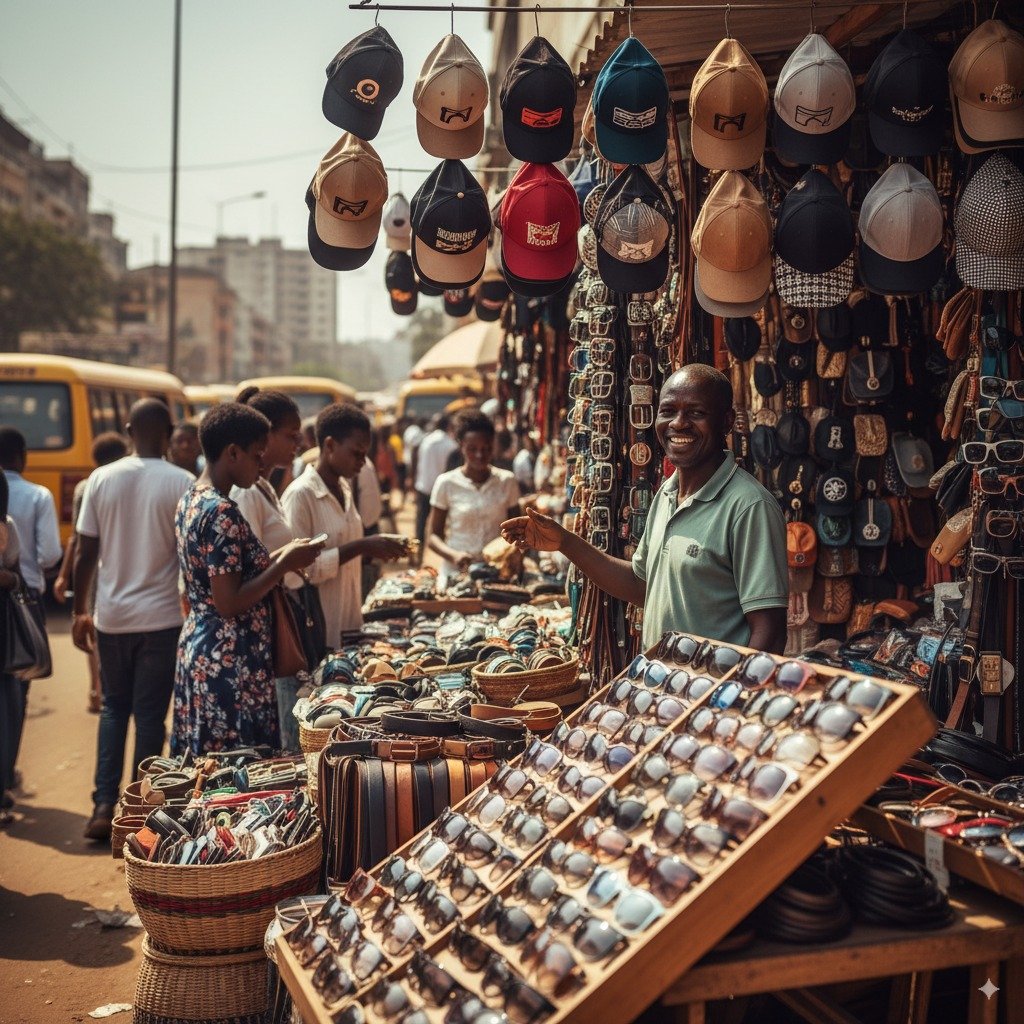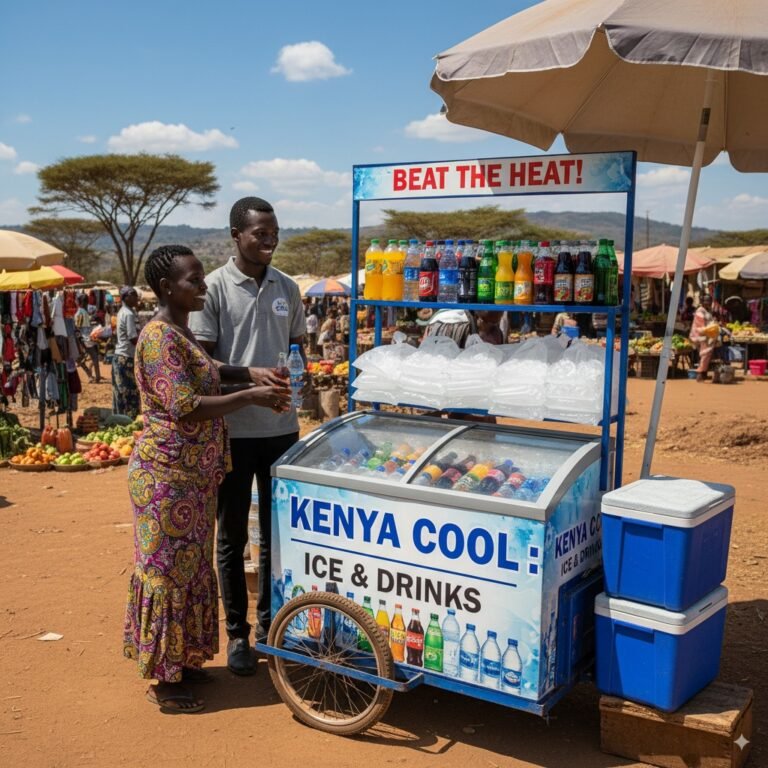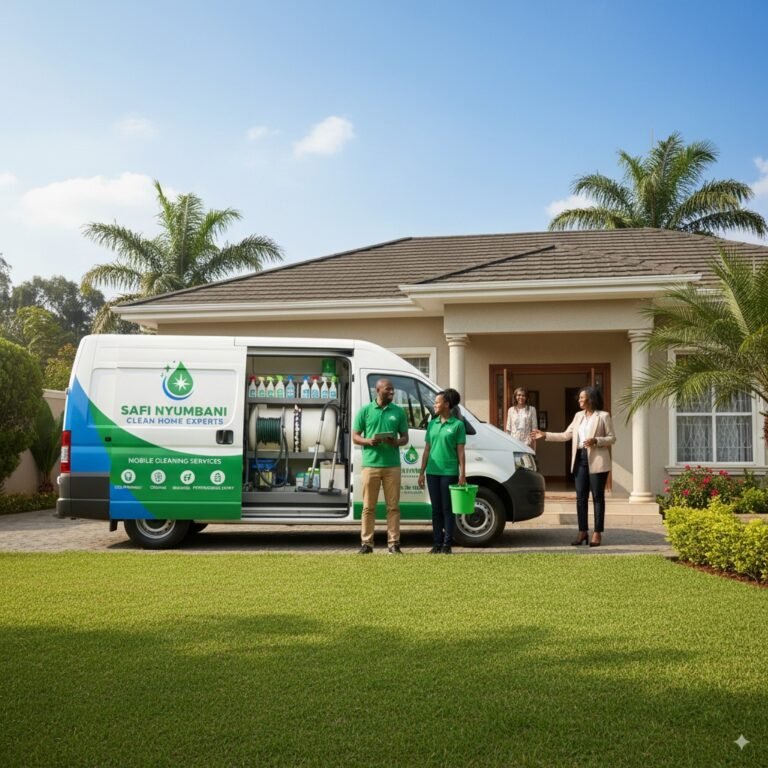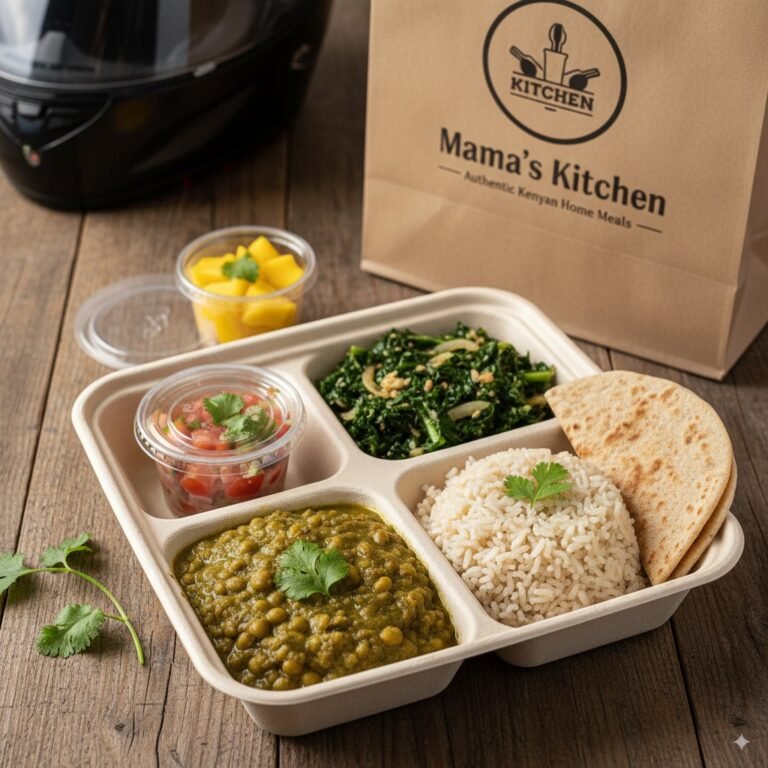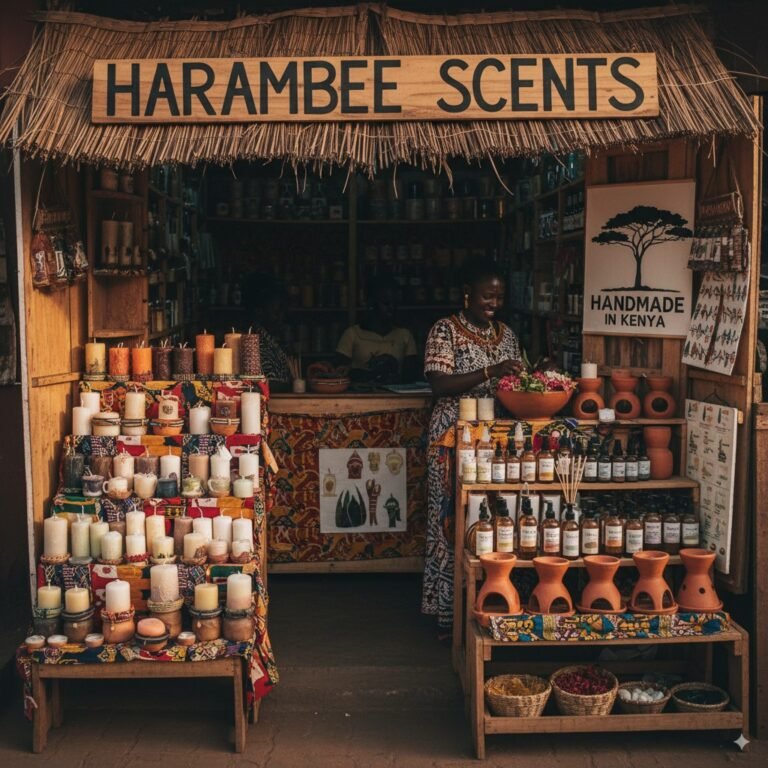How to Start an Accessories Business in Kenya (Caps, Belts & Shades)
Introduction
Starting an accessories business in Kenya is one of the simplest yet highly profitable hustles. Items like caps, belts, and shades are small, affordable, and in constant demand. They sell well among youth, students, and fashion-conscious adults who want stylish looks without spending too much. With low capital and portable stock, you can hawk accessories in busy streets, sell at bus stages, or set up a small stall.
Startup Costs 💰
This business requires very little investment compared to other retail hustles.
- Capital Needed: KES 5,000 – 15,000
- Key Expenses:
- Initial stock of caps, belts, shades (KES 4,000 – 10,000)
- Display rack, table, or hanging stand (KES 1,000 – 2,000)
- Packaging or storage bags (KES 500 – 1,000)
- Basic branding or signage (optional) — KES 500 – 1,000
💡 Tip: Start with a small variety of each item — e.g., 10 caps, 20 belts, and 15 shades. Scale up based on which products move fastest.
Why This Business Works ✅
- Low Startup Capital: You can begin with as little as KES 5,000.
- High Margins: Items often sell for 2–3x their buying price.
- Impulse Purchases: Accessories are bought on the spot without much planning.
- Portability: Stock is easy to carry for hawking or mobile sales.
- Trendy Demand: Styles keep changing, creating repeat customers.
Step-by-Step Setup 🛠️
1. Source Accessories Cheaply
Buy wholesale from:
- Eastleigh (Nairobi) wholesale shops.
- Gikomba Market for secondhand belts and caps.
- Importers who sell sunglasses in bulk.
2. Pick Your Selling Model
- Hawking: Move through estates, bus stages, and offices.
- Market Stall: Rent a small space or table in a busy area.
- Social Media Sales: Post trendy items on WhatsApp, Instagram, and TikTok.
3. Display Neatly
Arrange shades on a rack, hang belts, and stack caps by color/design. A neat display attracts more buyers.
4. Price Competitively
- Caps: KES 200 – 400
- Belts: KES 300 – 600
- Shades: KES 300 – 800
5. Build a Customer Base
- Target youth near campuses and estates.
- Sell outside events (concerts, football matches, rallies).
- Offer small discounts for bulk buyers.
Profit Breakdown 📊
Example:
- Buy 20 shades at KES 200 each = KES 4,000.
- Sell at KES 500 each = KES 10,000 sales.
- Profit = ~KES 6,000.
If you combine caps, belts, and shades:
- Invest KES 10,000 stock.
- Resell at 2–3x the price.
- Sales revenue = ~KES 20,000 – 25,000.
- Profit = ~KES 10,000 – 15,000.
👉 With good locations, sellers make KES 1,500–3,000 profit daily, or KES 40,000+ monthly.
Challenges & How to Overcome Them ⚠️
- Competition: Many people sell accessories.
- Solution: Focus on trendy designs and neat packaging.
- Seasonal Demand: Shades sell more in hot months; caps and belts are steady.
- Solution: Balance stock to avoid dead seasons.
- Counterfeit Items: Some suppliers sell low-quality goods.
- Solution: Test quality before buying bulk.
- Harassment by County Officials: Hawkers often face crackdowns.
- Solution: Sell in estates, target events, or rent small stalls.
Tips to Grow 🚀
- Sell related items like wallets, watches, or jewelry.
- Advertise on TikTok with style videos to reach young buyers.
- Brand your stall with a catchy name like “Street Style Kenya.”
- Offer delivery for online buyers via boda bodas.
- Expand into wholesale once you build supplier contacts.
Frequently Asked Questions (FAQ) ❓
Q: How much do I need to start an accessories business in Kenya?
A: With KES 5,000 – 15,000, you can buy initial stock of caps, belts, and shades.
Q: Where do I get stock?
A: Eastleigh (Nairobi), Gikomba Market, or wholesale importers in towns.
Q: How profitable is selling accessories?
A: Margins are high — sellers make KES 1,500–3,000 daily profit on average.
Q: Do I need a license?
A: Hawkers may need a county permit. Stalls require a business license.
Conclusion
The accessories business in Kenya (caps, belts, and shades) is an easy-to-start hustle with strong profits. With only KES 5,000 – 15,000, you can source trendy items, display them neatly, and sell in markets, estates, and events. By focusing on style, presentation, and affordable prices, you can build a steady stream of customers and grow into a stall or boutique.
👉 Explore more hustler-friendly opportunities in the Business Ideas Hub — with over 50+ small businesses you can start today.

